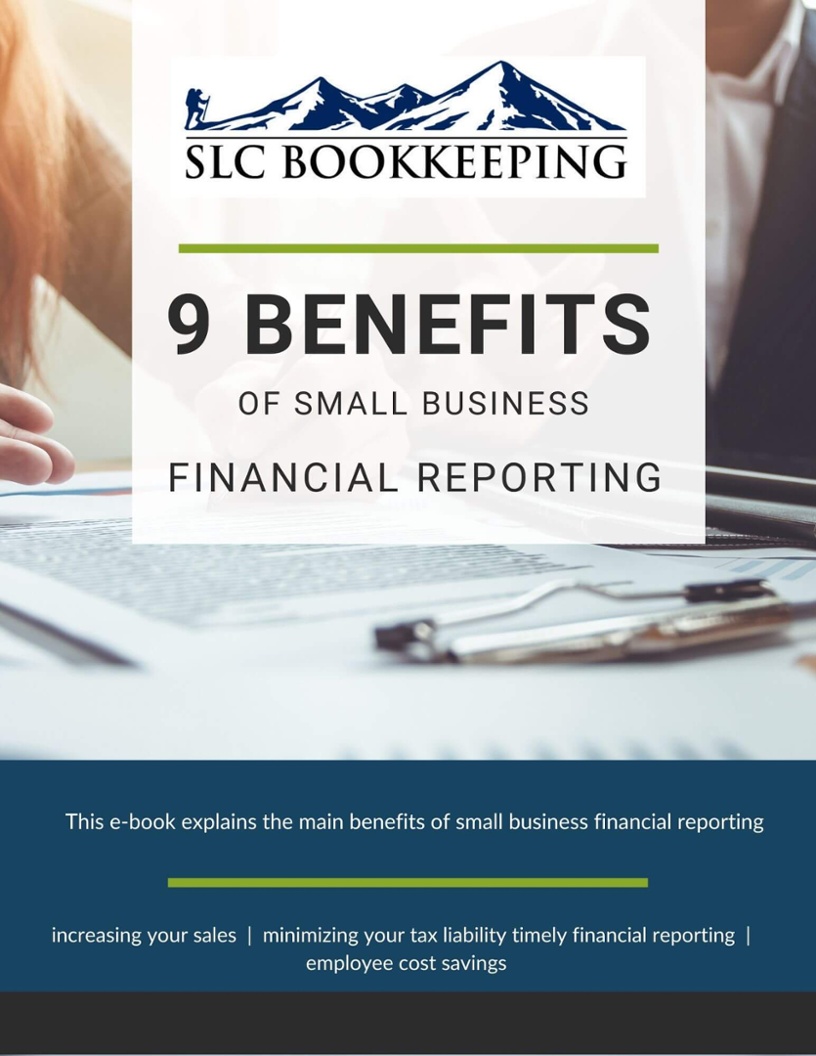Finding QuickBooks Mistakes With Financial Reporting
It's football playoff season. The time of year when die hard fans get even crazier and your average fair weather fans start to get into it. So why not draw parallels between bookkeeping and end zone highlights or disasters, right?
As a bookkeeper, the last thing you want to do when closing out the monthly financial reporting is race to get them done and not look around for mistakes. Sometimes QuickBooks Mistakes are obvious and sometimes they can sneak up on you without you knowing. Either way, they can be avoided if the proper procedures are put in place and followed each month. Remember Leon Lett in Superbowl XXVII? He raced down field with the idea he was scoring a touchdown only to be embarrassed in front of his colleagues, bosses, and onlookers worldwide. If he only looked around, he would have noticed Don Beebe (the fastest man in the game EVER according to Brandon Hall and Matt Shepard) racing down field to make sure he didn't do a celebration dance in his end zone. This is the mindset I use when I find myself racing the clock to close out the books for small businesses. When I think I'm done closing out the monthly financials, I slow down and search around for possible errors so I don't get embarrassed when presenting them. Here are some pointers to make sure that you are doing that end zone dance instead of being taken down a peg or two.
Compare, Compare, and Compare
Just because you clicked the reconcile button on your main checking account for the month, it doesn't you are done wrapping up the books just yet. I've seen habits develop when assumptions are made that only the high volume transaction accounts need to be reconciled and the smaller ones can wait until year end. Cutting corners shouldn't be in a bookkeeper's vocabulary.
In QuickBooks, pull up your Balance Sheet and make sure all bank accounts, credit cards, loans, lines of credit, and even the payroll liabilities are reconciled and the balances tie to the penny. There may be other accounts that need reconciling, but I listed the obvious ones for the average small business. Now it's time to look around for data entry mistakes, import malfunctions, inconsistent patterns with expense, etc. The easiest way to do this is to compare the current month you are closing to the month prior. Open your Profit & Loss Standard for the month you are closing, then click the Customize Report button, you then want to check the box that is labeled Previous Period (I also like checking off the two sub-boxes $ Change and % Change). Now you can look at changes in expense accounts and identify areas that shouldn't have changed. If they did change, find out why. It's time to dig into the books and do some research. Now click Customize Report again, unclick the original boxes mentions, and follow the same steps but click Previous Year instead (along with the sub categories). In case your small business operates on a seasonal pattern, you can make sure you are comparing similar months with similar expense patterns.
Outstanding Transactions
After an account is reconciled, open that account's Register and make sure it's sorted by Cleared Transactions. That way, you can pin point your statements ending balance and quickly tell if anything from that time frame is outstanding. Usually, the only outstanding items are uncleared checks. Almost all other outstanding items will need to research. I find that errors can occur in Credit Card accounts. A bill may be entered to be paid and instead of using the checking account to pay it, you may opt to pay with a credit card this time. Well the credit card import may bring in the transaction, but did you tell QuickBooks to pay it with the default bank account or did you know to change the Payment Account from the Checking account to a Credit Card account. Sounds simple, but this happens frequently. Last thing you want to have happen is to double book expenses and pass along Financial Reporting with an understated Net Profit.
A few simple QuickBooks Mistakes and your financial reporting can be understating or overstating your Net Profit. Understating your Net Profit can come back to haunt you if the IRS picked your business for an audit. Overstating you Net Profit can result in overpaying of taxes and who would want to do that? You worked hard to build your business, let's make sure you aren't over paying Uncle Sam. Taking a few of these tips and implementing them into your business's bookkeeping system you can be certain that you will be celebrating in the end zone when you close out a month and not be worried about getting embarrassed in front of everyone. Maybe next time you nail the month end closing, catch everyone off guard and show them your month end end zone dance.


Comments